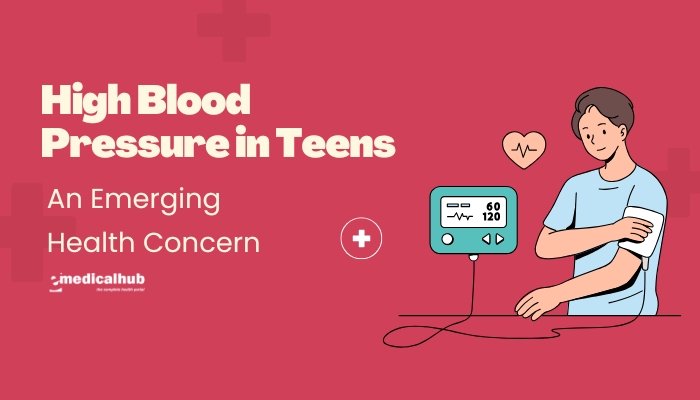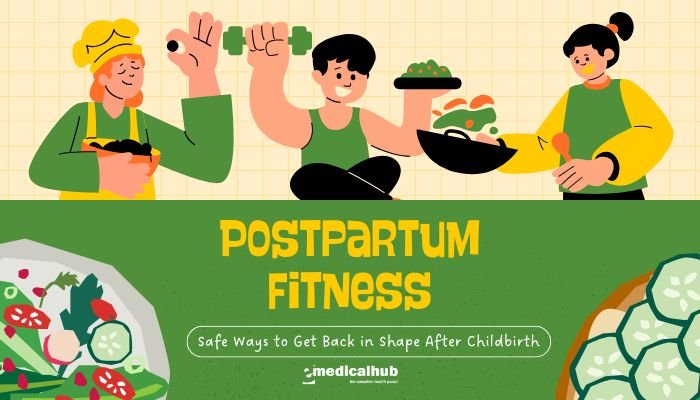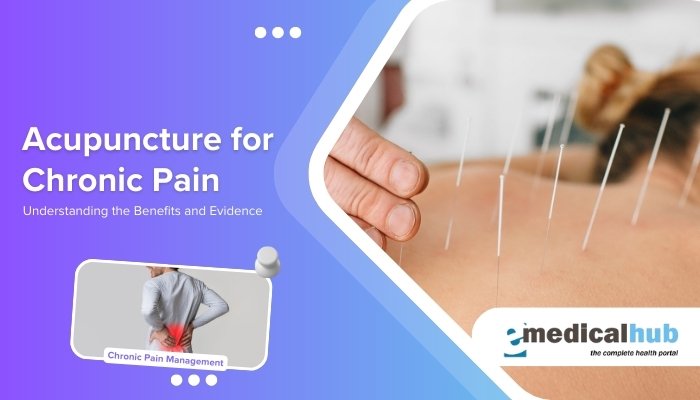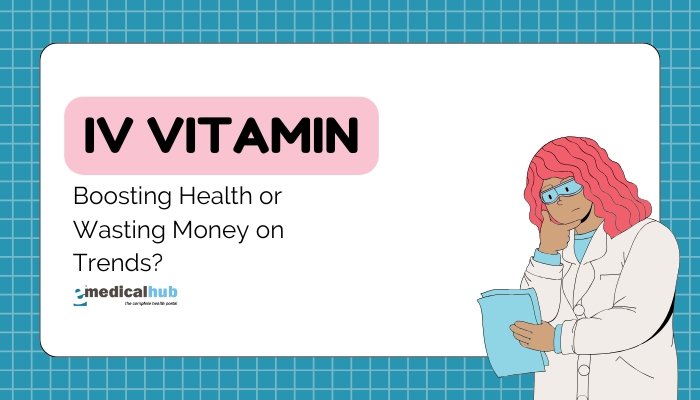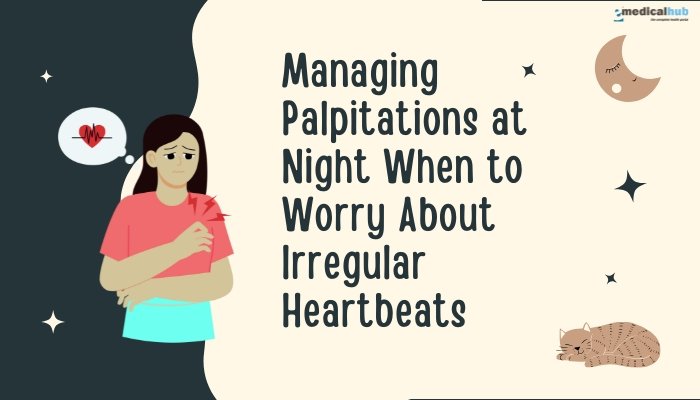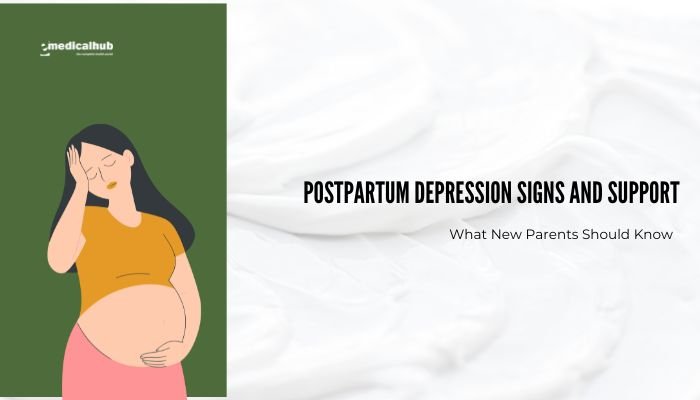Introduction
High blood pressure, also called hypertension, is a condition where the force of blood pushing against the walls of the arteries remains consistently higher than normal. In the past, this health issue was more common in older adults.
However, reports indicate a growing number of teenagers showing elevated blood pressure readings. This trend deserves attention because hypertension can lead to serious complications, including heart disease and stroke.
This article explores the reasons behind rising blood pressure in teenagers, the warning signs, and ways to manage and prevent this condition. The aim is to offer direct and clear information, structured with headings, bullet points, and concise paragraphs.
Readers will learn about potential causes, the role of lifestyle factors, and the importance of early detection. A reference list in Vancouver style is provided at the end for further reading.
What Is High Blood Pressure?
Blood pressure is the measurement of the force that blood applies against artery walls. The reading has two numbers:
- Systolic Pressure (top number): The pressure when the heart contracts and pumps blood.
- Diastolic Pressure (bottom number): The pressure when the heart relaxes between beats.
A normal blood pressure reading for teenagers can vary based on age, height, and gender. However, in general, readings above the 90th or 95th percentile for the individual’s age and height may suggest elevated blood pressure. In simple terms, if the blood pressure remains higher than expected for an adolescent, it raises concern.
Why It Matters
- Organ Strain: Consistently high pressure forces the heart to work harder to pump blood. Over time, this strain can affect vital organs.
- Early Start: Hypertension in adolescence might continue into adulthood, setting the stage for more severe cardiovascular issues.
- Silent Problem: Hypertension often has no symptoms. Without regular check-ups, a teen might not realize they have a serious health issue.
Early identification and management of high blood pressure can protect long-term health. Addressing lifestyle habits and seeking professional care are key steps in preventing complications.
Rising Incidence Among Teens
High blood pressure in young people was once rare, but data shows an increase in recent years. Changing lifestyles play a major role. Many adolescents experience heightened stress levels in school or at home. They may also have less physical activity and an increased reliance on processed foods. Over time, these factors can influence blood pressure readings.
Possible Reasons for the Increase
- Obesity Rates: Over the last few decades, obesity has become more common among children and teens. Excess weight can strain the cardiovascular system.
- Dietary Changes: Modern diets high in sugar, salt, and saturated fats can push blood pressure upward.
- Physical Inactivity: Many teens spend several hours each day on digital devices, reducing active play or exercise.
- Stress: Academic expectations, social pressures, and other life changes can lead to chronic stress. Stress hormones can affect blood vessel constriction.
- Genetic Predisposition: Teens with a family history of hypertension have a higher risk of developing it themselves.
These trends do not mean every teen will face high blood pressure. Still, an awareness of these risk factors can encourage families and caregivers to focus on prevention and early intervention.
Lifestyle Factors That Contribute to Teen Hypertension
Lifestyle choices often have a direct effect on blood pressure. Teenagers who practice healthy eating patterns, exercise regularly, and manage stress typically have lower risks. In contrast, certain habits and behaviors place teens at risk of elevated blood pressure.
Poor Dietary Choices
Foods high in sodium, saturated fats, and sugars can disrupt normal blood pressure regulation. Prepackaged snacks, fast-food meals, and sugary drinks are widely available, making them common in teen diets. While these items might be convenient, they often lack nutritional value and can increase the risk of weight gain and hypertension.
Key Dietary Concerns:
- Excess Salt: Boosts water retention, increasing blood volume and pressure on artery walls.
- High Sugar Intake: Encourages weight gain and metabolic issues.
- Low Fiber: Diets lacking fruits, vegetables, and whole grains deprive teens of nutrients and can contribute to higher blood pressure.
Lack of Physical Activity
Regular exercise helps the heart pump efficiently, reducing strain on the arteries. Physical activity also aids in weight management and lowers stress levels. However, many teenagers lead sedentary lives, spending extended periods on smartphones, gaming consoles, or computers. When physical activity is low, calorie expenditure drops, and the risk of gaining weight or developing high blood pressure goes up.
Simple Ways to Boost Activity:
- Walk or bike to school instead of driving, if possible.
- Join sports teams or after-school physical programs.
- Limit screen time and replace it with active hobbies like dance or martial arts.
Stress and Mental Health
Teens today often face academic pressure, peer expectations, and concerns about the future. Chronic stress triggers the release of hormones like cortisol and adrenaline, which can raise heart rate and narrow blood vessels. Over time, these changes may contribute to an elevated blood pressure baseline. When coupled with other factors such as poor diet or inactivity, stress can intensify hypertension risk.
Substance Use
Tobacco and alcohol use also affect blood pressure in young people. Smoking leads to the tightening of blood vessels, while excessive alcohol use can alter kidney function and fluid balance. Vaping is not always free of harmful substances. Some e-cigarette liquids contain nicotine or other chemicals that affect blood vessels.
Medical and Genetic Risk Factors
While lifestyle elements are a major influence, some medical conditions and inherited traits also raise hypertension risk in teens. Early detection of these conditions can help avert complications.
Overweight and Obesity
Excess body weight increases the volume of blood that the heart must pump, leading to higher blood pressure. Extra fat tissue may also release hormones that cause insulin resistance and inflammation. The combination of insulin resistance and inflammation can harm the cardiovascular system, making hypertension more likely.
Kidney Problems
Kidneys regulate fluid balance and filter waste from the blood. Disorders affecting the kidneys, such as chronic kidney disease or structural abnormalities, can lead to sodium and fluid retention. This retention elevates blood pressure over time. If a teenager has a known kidney condition, monitoring blood pressure is important to catch potential issues early.
Endocrine Disorders
Certain hormonal imbalances can raise blood pressure. For instance, an overactive thyroid gland (hyperthyroidism) or elevated cortisol levels (Cushing’s syndrome) may lead to persistent hypertension. Teens might also experience conditions like polycystic ovary syndrome (PCOS), which can indirectly affect blood pressure through insulin resistance and weight gain.
Family History
A strong family history of hypertension suggests a genetic component. Teens with one or more close relatives who have high blood pressure should consider more frequent screenings. Though genetics alone does not guarantee a teen will develop hypertension, it raises the likelihood, especially when combined with lifestyle risk factors.
Signs and Symptoms of High Blood Pressure in Teens
Hypertension often shows no obvious signs, which is why it’s called the “silent killer.” Many teens may feel fine even with elevated readings. Still, certain symptoms sometimes appear:
- Frequent Headaches: Especially in the morning or after physical effort.
- Dizziness or Lightheadedness: Can occur when blood pressure spikes.
- Nosebleeds: May be more common if blood vessel fragility is present.
- Fatigue: Constant tiredness, though this can have many causes.
- Vision Changes: Blurred vision or seeing spots if the pressure affects small vessels in the eyes.
These symptoms are not exclusive to high blood pressure. However, if they occur frequently, parents and teens should seek a medical evaluation. Regular blood pressure checks can catch early elevations before symptoms develop.
Diagnosing Hypertension in Teenagers
A diagnosis typically involves more than one elevated reading. Blood pressure can fluctuate due to stress, exercise, or other temporary factors. Healthcare providers often confirm a persistent high reading over separate visits.
Blood Pressure Measurement
- Manual or Electronic Cuff: Used to measure systolic and diastolic pressures.
- Proper Technique: The teen should be at rest for five minutes, seated with feet on the floor, and an appropriately sized cuff around the arm.
- Repeat Readings: A single abnormal reading might not confirm hypertension. Clinicians often repeat measurements at different times.
Medical History and Examination
A full evaluation includes questions about diet, exercise, family history, and any current symptoms. The healthcare provider checks heart rate, weight, height, and may look for signs of organ damage. Laboratory tests can assess cholesterol levels, kidney function, and blood glucose to rule out conditions like kidney disease or diabetes.
Ambulatory Blood Pressure Monitoring
For teens with borderline readings, ambulatory blood pressure monitoring (ABPM) can provide a clearer picture. A portable monitor records blood pressure multiple times over 24 hours, capturing variations during daily activities and sleep. This approach helps confirm a diagnosis and detect “white-coat hypertension,” where stress in a clinical setting raises the blood pressure temporarily.
Complications of Untreated Hypertension
If left unaddressed, high blood pressure can cause or worsen several health problems. Early treatment can significantly reduce these risks.
- Heart Damage
The heart muscle works harder against elevated pressure, which can lead to thickening of the heart’s walls (left ventricular hypertrophy). Over time, this may progress to heart failure. - Blood Vessel Problems
High pressure damages the lining of arteries, making them stiffer and prone to plaque buildup. This can raise the risk of atherosclerosis at a younger age. - Kidney Disease
Persistent high pressure affects kidney function, contributing to chronic kidney disease or even kidney failure. - Stroke
Over many years, weakened or damaged blood vessels in the brain can lead to a higher chance of bleeding (hemorrhagic stroke) or blockages (ischemic stroke). - Vision Loss
Small blood vessels in the retina of the eye can be damaged by prolonged hypertension, potentially affecting vision.
These complications usually emerge after many years of uncontrolled blood pressure. However, starting with high readings during adolescence can advance these risks earlier in life. That’s why detection and management are important at the teen stage.
Managing High Blood Pressure in Teens
Effective management often relies on addressing lifestyle elements first. Medical professionals might also recommend medications if blood pressure remains high after dietary and physical activity changes.
Lifestyle Modifications
- Healthy Eating: Replace high-sodium snacks with fruits, vegetables, and low-fat dairy products. Focus on lean proteins like fish and chicken.
- Regular Exercise: At least 60 minutes of moderate activity most days of the week. Activities may include walking, biking, swimming, or organized sports.
- Weight Management: For overweight teens, achieving a healthier body mass index can significantly lower blood pressure.
- Stress Management: Techniques such as mindfulness, deep breathing exercises, or counseling can help reduce the effects of chronic stress on blood pressure.
Medications
If lifestyle changes are not enough to control blood pressure, a physician may prescribe medications. Common types include:
- ACE Inhibitors: Help relax blood vessels and lower pressure.
- Angiotensin Receptor Blockers (ARBs): Prevent certain hormones from tightening blood vessels.
- Beta-Blockers: Reduce heart rate and cardiac output.
- Calcium Channel Blockers: Block calcium from entering certain cells of the heart and blood vessel walls.
- Diuretics: Help remove excess sodium and water from the body.
Doses and medication choices vary by individual factors such as age, severity of hypertension, and overall health. Regular follow-up is important to assess effectiveness and potential side effects.
Monitoring
Teens with high blood pressure should have regular check-ups. Providers often track blood pressure readings, blood tests, and overall well-being. Frequent monitoring helps adjust treatment as needed, ensuring the best possible outcomes.
Prevention Strategies
Preventing high blood pressure from developing is easier than addressing it after complications arise. Families, schools, and communities can promote heart-healthy habits in teenagers.
Diet and Nutrition
- Reduce Salt: Prepare homemade meals with limited use of salt and processed seasonings.
- Encourage Fruits and Vegetables: These provide vitamins, minerals, and fiber.
- Limit Sugary Drinks: Choose water, herbal teas, or low-sugar juices instead of sodas and sweetened beverages.
Physical Activity
- Built-In Exercise: Simple changes like taking the stairs or walking during breaks can improve stamina.
- PE Classes: Schools can ensure that physical education is part of the curriculum.
- Active Hobbies: Cycling, hiking, or joining sports clubs can make exercise fun.
Family Involvement
Parents and guardians can play a major role by setting examples. When family members eat healthy meals together and schedule group exercise, teens are more likely to adopt these habits.
Stress Reduction
Offering teens support and tools to manage stress can protect their cardiovascular health. This might include open communication about school pressures, encouraging relaxation techniques, or professional counseling if needed.
Mental Health and Blood Pressure
Mental health concerns often intersect with blood pressure changes. Chronic anxiety, depression, or traumatic stress can contribute to hormonal imbalances. These imbalances can increase heart rate and constrict blood vessels, raising blood pressure.
Ways to Support Teen Mental Health:
- Regular check-ins and open communication about emotional well-being.
- Encouragement to seek professional help if mental distress persists.
- Setting realistic expectations around academic or social performance.
- Teaching relaxation methods, like deep breathing or creative hobbies.
A healthy mind supports a healthy body. When teens learn to manage their mental health, they can keep blood pressure levels in a safer range.
Role of Schools and Communities
Teens spend a substantial amount of time at school, making it an important environment for shaping health habits. Schools can:
- Offer Nutritious Meals: Cafeterias can limit excess salt and sugar.
- Promote Physical Education: Increase the frequency and quality of PE classes to boost daily activity.
- Educate About Health: Introduce programs on nutrition, exercise, and stress management.
- Provide Screenings: Occasional blood pressure checks can identify early risks.
Communities can complement these efforts by building safe parks, supporting community sports leagues, and offering health seminars. When the environment is supportive of healthy choices, teens are more likely to adopt them.
Common Myths about Teen Hypertension
- Myth: High blood pressure is an adult problem only.
Reality: Teens can develop hypertension due to lifestyle, genetics, or health conditions. - Myth: Athletes do not get high blood pressure.
Reality: While regular activity helps control blood pressure, some athletes may have other risk factors or underlying conditions. - Myth: If a teen feels fine, their blood pressure must be normal.
Reality: Hypertension is often silent. Regular checks are necessary to detect it. - Myth: Cutting back on salt alone fixes the issue.
Reality: Reducing sodium is important, but managing weight, stress, and overall diet is also key. - Myth: Teens can safely wait until adulthood to address high blood pressure.
Reality: Early intervention prevents serious complications later and supports better overall health.
Long-Term Outlook
With proper management, most teens can control their blood pressure and avoid severe complications. A balanced lifestyle that continues into adulthood can preserve cardiovascular health. If teens develop good habits early, they have a strong foundation for long-term well-being.
Those who remain untreated may face escalating risks for organ damage and heart-related problems in their later years. This can reduce quality of life and lead to costly medical treatments. Thus, promoting healthy behaviors during adolescence is a long-term investment in future health.
Practical Tips for Teens and Families
- Monitor Blood Pressure: Home monitors or visits to a clinic can keep track of readings.
- Create a Supportive Home Environment: Stock the kitchen with healthy foods, encourage group exercise, and discuss stress openly.
- Reward Milestones: Positive reinforcement for reaching goals, such as regular workouts or salt reduction, can help maintain motivation.
- Stay Informed: Keep up with medical appointments and ask questions about treatment plans.
- Balance Screen Time and Physical Activity: Aim to match or exceed the number of daily active minutes with screen time.
Table: Key Risk Factors and Recommended Actions
| Risk Factor | Description | Recommended Action |
| Poor Diet (High in Salt) | Diet rich in processed foods, snacks, and sugary drinks | Substitute fresh fruits and vegetables, reduce salt intake |
| Sedentary Lifestyle | Minimal physical activity, prolonged screen time | Encourage daily exercise routines and active hobbies |
| Obesity | Excess body weight increasing cardiac workload | Implement balanced eating and regular exercise programs |
| Family History of Hypertension | Genetic predisposition to elevated blood pressure | More frequent screenings, discuss family history with a doctor |
| Chronic Stress | Ongoing academic, social, or personal stressors | Use stress management techniques, consider counseling |
| Kidney or Endocrine Disorders | Medical conditions affecting hormones or fluid balance | Regular medical follow-ups, targeted treatments as needed |
Conclusion
High blood pressure in teens is no longer an uncommon event. Lifestyle changes, rising obesity rates, and chronic stress have contributed to a noticeable uptick in hypertension diagnoses among adolescents. Although many teens may not display symptoms, consistent high blood pressure can set the stage for severe health issues later in life, such as heart disease, stroke, or kidney problems.
Prevention and early intervention play vital roles in protecting teen heart health. Encouraging a balanced diet, regular exercise, and stress management can keep blood pressure within healthy ranges. Parents, schools, and community organizations can work together to support positive habits. With timely screenings and, if needed, medical management, teens can maintain normal blood pressure and enjoy better health both now and in adulthood.

